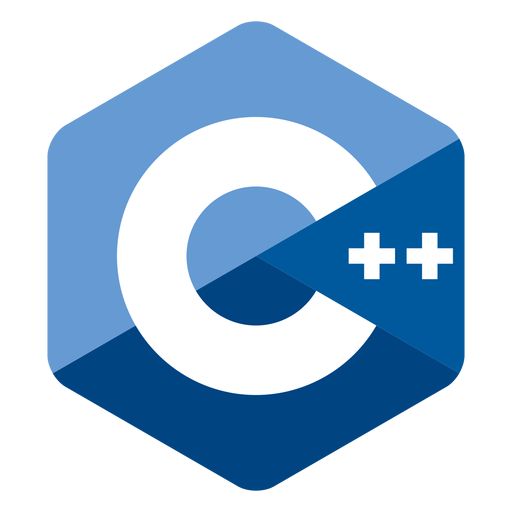What You will Learn
- Learn to program with one of the most powerful programming languages that exists today, C++., Learn Modern C++ rather than an obsolete version of C++ that most other courses teach
- Learn C++ using a proven curriculum that covers more material than most C++ university courses. ,Includes Quizzes, Live Coding Exercises, Challenge Coding Exercises and Assignments.
- New Section: Learn all about using C++ Lambda Expressions, Obtain the key concepts of programming that will also apply to other programming languages.
- Learn C++ features from basic to more advanced such as inheritance and polymorphic functions,Learn C++ from an experienced university full professor who has been using and teaching C++ for more than 25 years.
Course Format
- Physical Tutorials
- Assignments
- Industrial Projects
- Certification
Course Duration*
- 1 hr a day
- 3 days a Week
- 3 Assignments
- 1 Project
Course Content
C++ is a general-purpose, object-oriented programming language created by Bjarne Stroustrup as an extension of the C programming language. C++ has become a widely used language for developing operating systems, browsers, games, and other applications.
C++ is a statically typed language, which means that the data type of each variable must be declared before it is used. This helps to prevent errors and makes code more readable. C++ is also a compiled language, which means that C++ code is converted into machine code before it is executed. This makes C++ programs very fast.
- Need of OOPs.
- Difference b/w structured & OOPs .
- What are objects, features .
- OOPs Features .
- Classes & objects .
- Encapsulation .
- Inheritance .
- Polymorphism .
- Data Abstraction.
- History, Features .
- Rules of C++ programming .
- Structure of C++ program .
- C++ Tokens .
- C++ Data types.
- Console I/O Statements.
- Programs to perform various calculations.
- Operators .
- Programs to implement various operators
- Conditional Control Statements o If-else , switch-case.
- Loops o While, do while, for.
- Implementing programs on conditional & loops.
- Break, continue, goto keywords
- Definition, advantages .
- Array types .
- Single dimension .
- Double dimension .
- Declaration, accessing array data .
- Implementation of array operations.
- Definition, advantages, types of functions, classification .
- Implementing various kinds of functions .
- Inline functions.
- Defining a Class ,creating Objects.
- Accessing Data Members using objects .
- Calling Member Functions using objects .
- Implementing Array of Objects, objects as parameters & return type, new , this operators.
- Scope resolution operator.
- Access specifiers(private, public, protected).
- Implementing Static Data Members.
- Implementing Static Member Functions.
- What is function over loading.
- Implementing overloading on various functions.
- Definition, why it is required, advantages.
- About operator keyword, rules of operator overloading .
- Overloading various operators.
- Definition, uses .
- Types (Default Constructor, Parameter Constructor, Copy Constructor) .
- Destructors.
- Friend Function definition.
- Usage of friend keyword.
- Implementing of friend functions in various scenarios .
- Friend Class definition, usage .
- Implementing of friend class.
- Definition, Advantages .
- Types of Inheritances .
- Implementing various kinds of inheritances .
- Implementing various constructors in inheritance .
- Implementing function over riding.
- Implementing various access levels in inheritance.
- Definition, requirement.
- How to implement.
- Pure virtual function definition .
- Implementing abstract classes.
- Streams Hierarchy.
- Input Streams & Output Streams.
- What is File?
- Implementing various file operations on basic data types.
- Implementing various file operations on object data types.
- Random Access Files(seekp, seekg, tellp, tellg).
- IO Flags .
- IO Functions.
- Try, catch, throw.
Course Mentor(s)
+
Persons Mentored
+
Workshops Attended
Stay Connected with Us
Subscribe us now to get informations about new offerings, latest happenings from and around us


